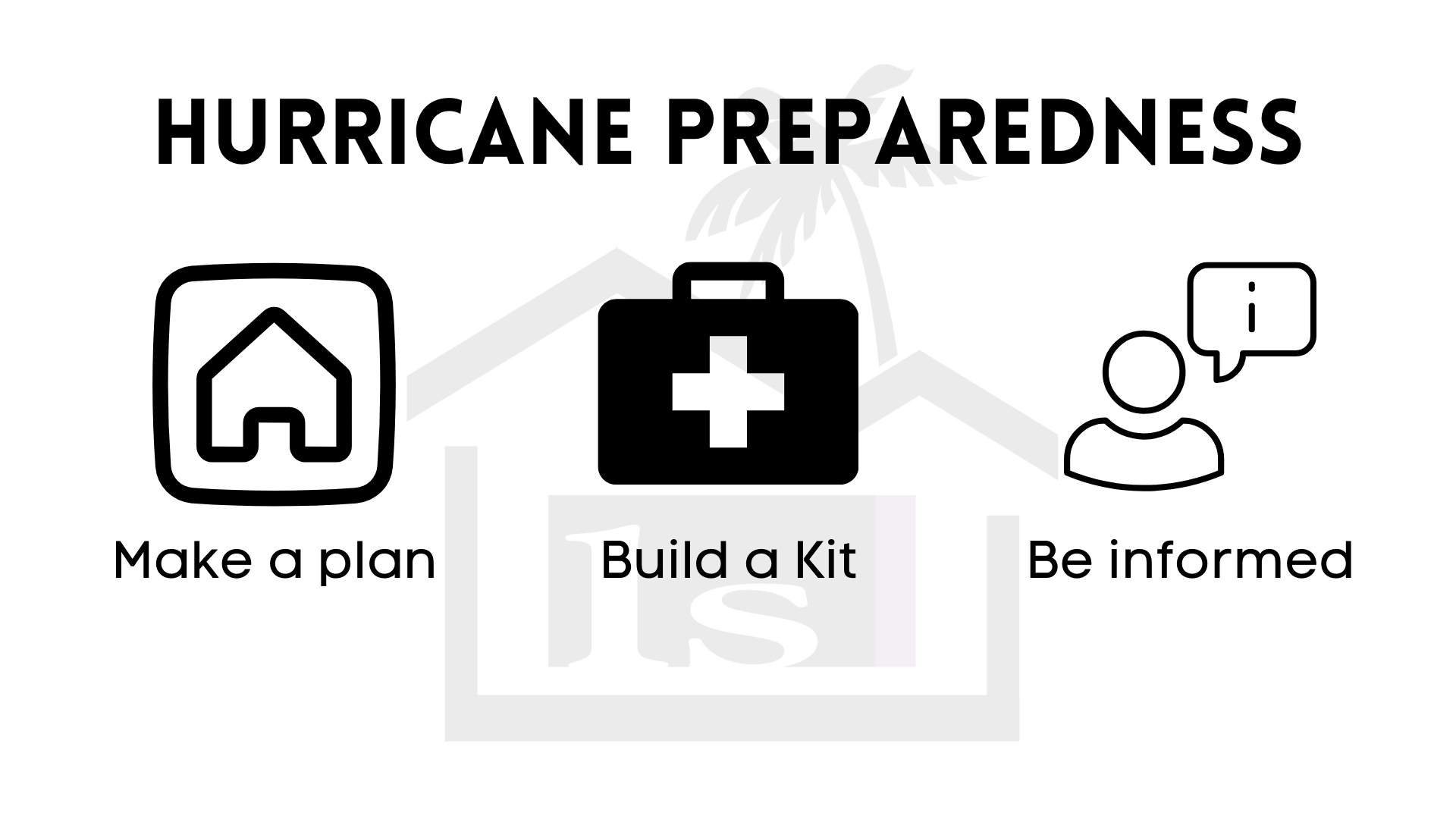The 2021 hurricane season is here. Readiness implies something beyond making a fiasco pack and evaluating your family’s disater plan, albeit these are basic initial steps.
There’s significantly more you can do to secure your home and family before a hurricane hits. You can limit expected damage from flooding and high breezes by being ready.
Plan in advance
- Document items and contents in your home in photos.
- Put together your disaster kit. This includes, but is not limited to: shelf stable foods, water, flashlights, battery-powered radios, batteries, medical, accessibility and pet supplies, cash, and first-aid supplies. If you wait until the last minute, you may encounter diminished or depleted supplies, crowds, and increased traffic on our roads.
- Buy a National Flood Insurance Policy from your insurance company. Standard homeowner’s insurance policies do not cover flood damage. See msc.fema.gov/portal to know the flood risk in your area and see floodsmart.gov for information about risk and rates.
- Download the FEMA app at fema.gov/mobile-app. The app provides disaster resources, safety tips, maps of open shelters, and weather alerts from the National Weather Service. Go to Ready.gov for more details.
Trees with trunks larger than six inches in diameter should be far enough away from your house that they cannot fall on it. Remove branches that loom over utility wires. Professional regular pruning done can create a sturdy, well-spaced framework of tree branches with an open canopy that allows wind to flow freely through.
During a hurricane watch
Obtain severe weather information from NOAA website www.noaa.gov it provides real time data.
- Keep an eye on phone alerts, stay tuned to TV or radio weather reports
- Activate your disaster plan, go through your disaster kit. Make sure you have enough stock of essential items such as food/water, flashlights, battery-powered radios, batteries, medical, accessibility and pet supplies, cash and first-aid supplies.
- Place your important documents such as as driver’s licenses, social security cards, passports, birth certificates, vehicle registration cards and insurance policies in a waterproof, portable container.
- Know what you and your family will do if there is an evacuation order.
During a hurricane warning
- Keep an eye on phone alerts and regular weather reports
- Fill vehicle with gas
- Keep your mobile devises fully charged
- Disconnect electrical appliances
- Bring your pets inside
- Bring any loose items such as trash cans, yard furniture, bbq grills, items on your docks etc inside.
- If you evacuate, turn off gas and electricity at the main switch or valve.
For additional information on hurricanes, visit ready.gov/hurricanes; for details on floods, visit ready.gov/floods. For more information on recovery, visit FEMA.gov, or follow @FEMARegion4 on Twitter and FEMA’s Facebook page.







